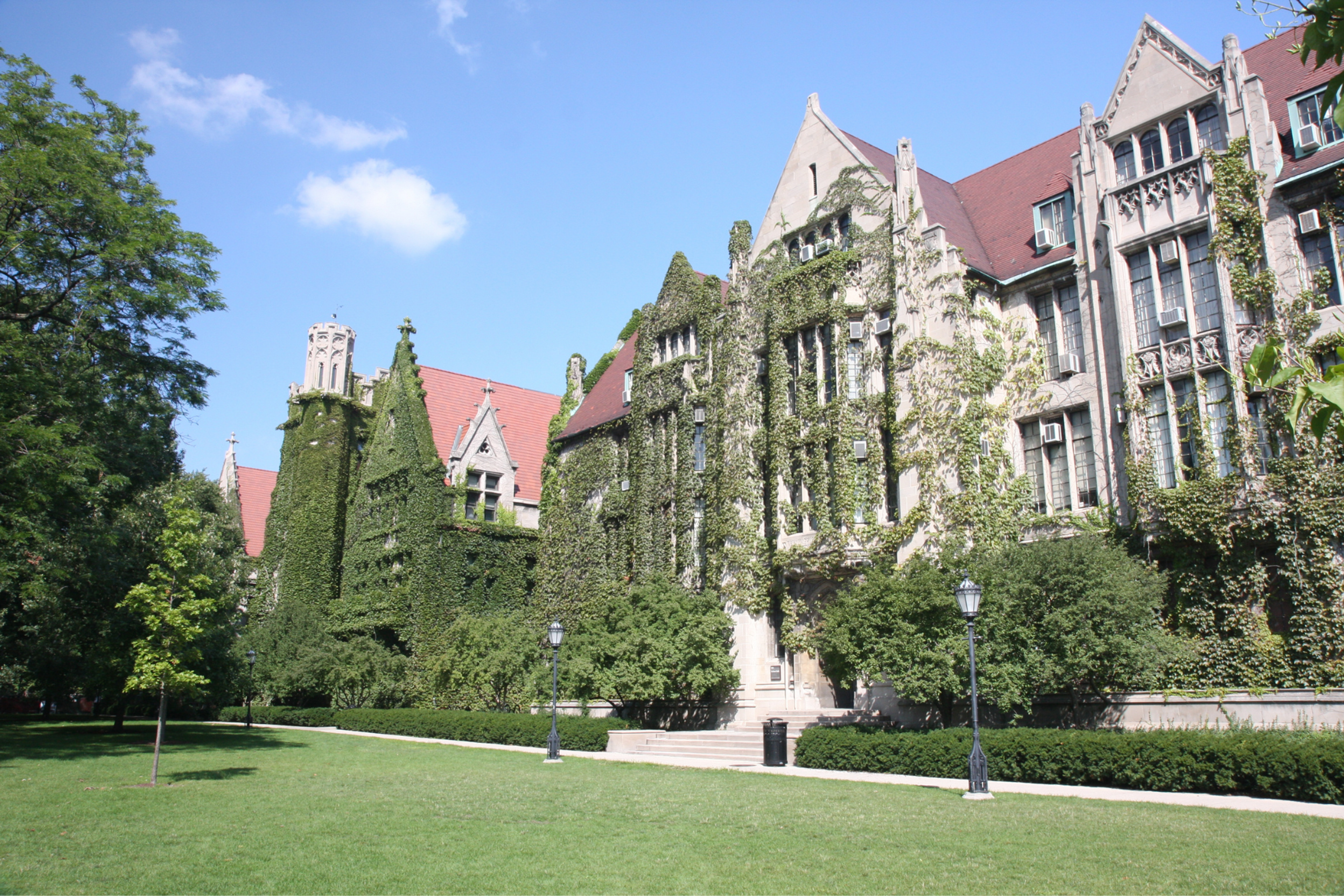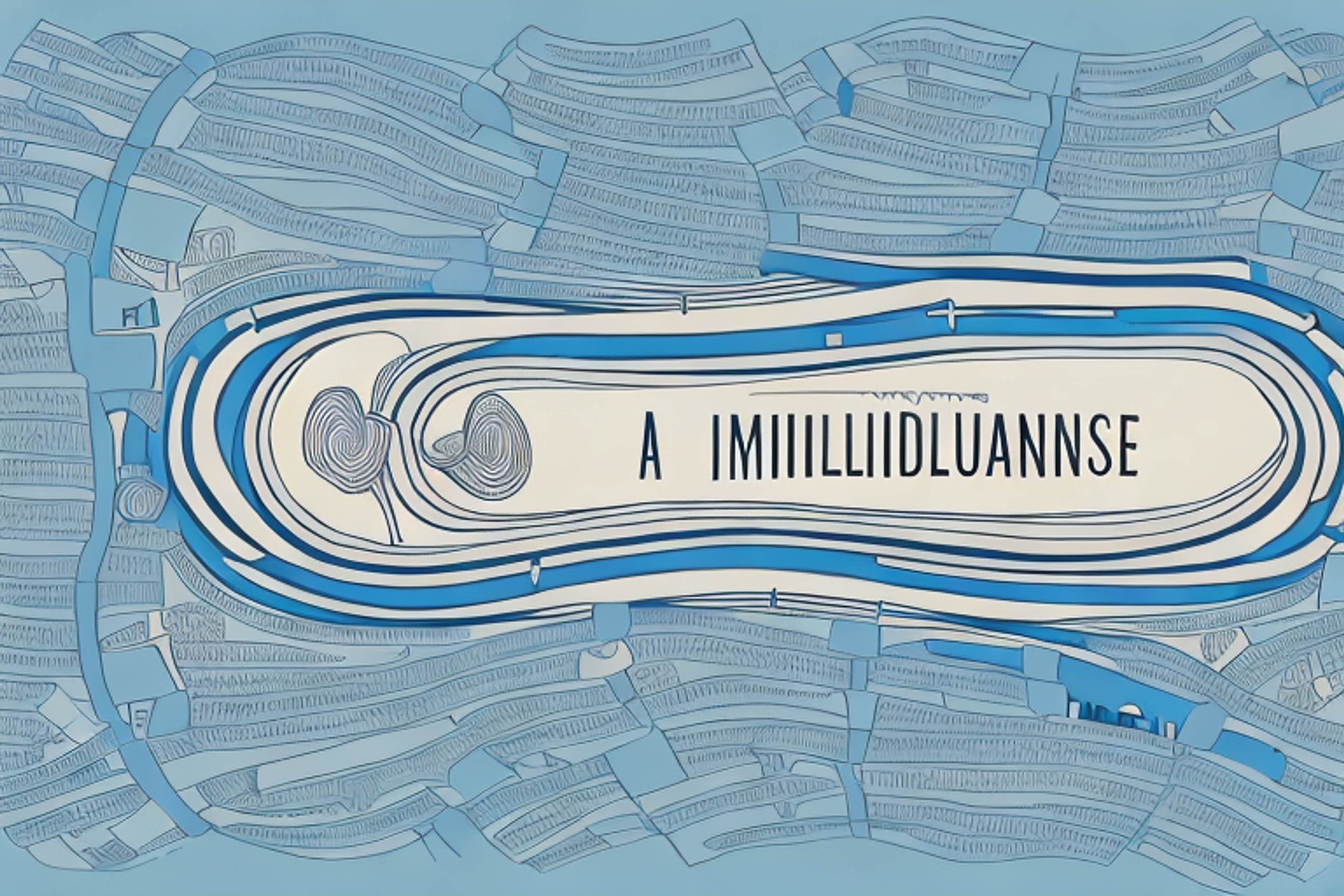Everything You Need to Know About Evening JD Programs
Discover the benefits of evening JD programs and gain insight into how they can fit into your busy schedule.
Posted March 6, 2025

Table of Contents
If you're considering pursuing a Juris Doctor degree, you may be wondering if an evening program is the right choice for you. In this article, we'll explore everything you need to know about evening JD programs, including why they're worth considering, the differences between daytime and evening programs, tips for choosing the right program, and more.
Why You Should Consider an Evening JD Program
There are several reasons why an evening JD program may be a good fit for you. Firstly, if you're currently working or have other commitments during the day, an evening program offers the flexibility to pursue your degree while still fulfilling your other obligations. Additionally, an evening program may be more affordable than a traditional daytime program, as many evening programs are priced lower due to their part-time nature. Finally, an evening program may offer a diverse student body, including professionals from a variety of industries and fields, which can create a unique learning environment.
Another advantage of an evening JD program is that it allows you to gain practical experience during the day, which you can then apply to your studies in the evening. This can be particularly beneficial if you're pursuing a career in law, as it gives you the opportunity to apply what you've learned in the classroom to real-world situations. Additionally, many evening programs offer networking opportunities with alumni and other professionals in the legal field, which can help you build valuable connections and advance your career.
Understanding the Differences Between Daytime and Evening JD Programs
While both daytime and evening JD programs require the same amount of coursework and lead to the same degree, there are some key differences between the two. Daytime programs typically take three years to complete, while evening programs may take up to four years since they are part-time. Additionally, daytime programs are often more structured with classes during the day and extracurricular activities, while evening programs are designed to accommodate working professionals and may offer less extracurricular activities.
Despite these differences, the curriculum is generally the same across both programs, with daytime programs typically featuring higher class sizes and evening programs offering smaller, more intimate classes.
Another important difference between daytime and evening JD programs is the availability of resources. Daytime programs often have more resources available to students, such as access to professors during office hours and more opportunities for networking events. Evening programs, on the other hand, may have limited resources due to the fact that many students are working during the day and unable to take advantage of these opportunities. However, evening programs may offer more flexibility in terms of scheduling, allowing students to balance work and school more easily.
How to Choose the Right Evening JD Program for You
When choosing an evening JD program, it's important to assess your individual needs and goals. Consider factors such as location, schedule flexibility, and cost, as well as the program's reputation and faculty. Research several schools and attend information sessions or reach out to admissions representatives to learn more about each program's specific offerings. You may also consider talking to alumni from programs you're interested in to get a better sense of the student experience and post-graduation opportunities.
Another important factor to consider when choosing an evening JD program is the curriculum and course offerings. Look for programs that offer courses in areas of law that interest you and align with your career goals. Some programs may also offer specialized tracks or concentrations, such as intellectual property or environmental law, which can provide additional expertise and networking opportunities. Additionally, consider the availability of clinical or experiential learning opportunities, which can provide valuable hands-on experience and connections in the legal field.
Common Misconceptions About Evening JD Programs
One of the biggest misconceptions about evening JD programs is that they're not as rigorous or respected as daytime programs. In reality, part-time programs often have the same standards and requirements as those during the day. Another common misconception is that evening programs are primarily for those who can't get into daytime programs, while in reality, many competitive schools offer evening programs as an option for students with various backgrounds and goals. Lastly, some people believe that evening programs are too challenging, but with proper time management and dedication, many students are able to balance work, school and other obligations successfully.
However, it's important to note that evening JD programs may not be the best fit for everyone. While they offer flexibility for those who work during the day, they require a significant amount of time and commitment outside of work hours. Additionally, some students may find it difficult to adjust to the different pace and structure of evening classes compared to daytime classes. It's important for prospective students to carefully consider their personal and professional obligations before deciding if an evening JD program is the right choice for them.
The Benefits of Pursuing an Evening JD Program
There are several benefits to pursuing an evening JD program. For one, as mentioned earlier, many part-time programs are less expensive than full-time programs, and evening students are often still able to qualify for financial aid. Additionally, pursuing your JD at night may allow you to continue working or pursuing other interests during the day, providing financial and personal opportunities you may not have had otherwise. Finally, evening programs often allow you to create a community with other part-time students who share similar interests and goals, leading to a rich, diverse, and supportive learning environment.
Another benefit of pursuing an evening JD program is the flexibility it provides. Many evening programs offer a variety of scheduling options, such as weekend classes or online courses, allowing students to tailor their education to their individual needs and schedules. This can be especially beneficial for students who have family or other personal obligations that make attending traditional daytime classes difficult.
Furthermore, pursuing a JD at night can also provide valuable networking opportunities. Many evening programs attract a diverse group of students, including working professionals and individuals from a variety of industries and backgrounds. This can lead to valuable connections and relationships that can benefit students both during and after their time in the program.
How to Balance Work and School With an Evening JD Program
One of the most challenging aspects of pursuing an evening JD program is balancing schoolwork with a full-time job or other commitments. It's essential to create a consistent schedule that gives you time for both work and studying, and to prioritize tasks based on importance. It may also be helpful to communicate with your employer or family in advance about your schedule so that they can provide support and understanding. Finally, it's important to make time for self-care and relaxation, as balancing a job and school can be exhausting.
Another helpful tip for balancing work and school with an evening JD program is to take advantage of any resources provided by your school or employer. Many schools offer study groups, tutoring, and other resources to help students succeed. Employers may also offer flexible schedules or other accommodations to support employees pursuing higher education. Don't be afraid to ask for help or support when you need it.
Tips for Succeeding in an Evening JD Program
The key to succeeding in an evening JD program is effective time management, organization, and dedication. It's essential to prioritize your studies and stay on top of assignments and readings to ensure you're keeping up with the rest of the class. It may be helpful to create study groups and form bonds with other students who can offer support and help you stay on track. Finally, don't be afraid to ask for help from professors or academic advisors if you're struggling with course material or balancing your schedule.
Another important aspect of succeeding in an evening JD program is maintaining a healthy work-life balance. It can be challenging to balance work, family, and school, but it's crucial to make time for self-care and relaxation. This can include exercise, meditation, or simply taking a break to do something you enjoy. Remember, taking care of yourself is essential to your overall success in the program.
Additionally, networking is a valuable tool for success in any field, and law is no exception. Take advantage of opportunities to attend events and meet professionals in the legal industry. Joining a legal organization or participating in a legal clinic can also provide valuable networking opportunities and hands-on experience. Building a strong professional network can open doors to future job opportunities and help you stand out in a competitive job market.
The Cost of Evening JD Programs: Is It Worth It?
While evening JD programs may be less expensive than daytime programs, they're still a significant investment of both money and time. It's essential to consider the potential return on investment, which can include job opportunities and career advancement. Additionally, many schools offer scholarships and financial aid for part-time students, which can help offset the costs of tuition and fees. If you're considering an evening JD program, it's essential to weigh the costs and benefits to ensure you're making the best decision for your future.
Job Opportunities After Completing an Evening JD Program
Completing an evening JD program can lead to a variety of job opportunities in the legal field. Graduates may work at law firms, corporations, non-profits, or government agencies. Additionally, evening JD programs may offer networking opportunities and connections to potential employers. However, it's important to note that job prospects are heavily reliant on personal performance, experience, and prior connections, so it's not a guarantee of employment.
Real-Life Stories from Students in Evening JD Programs
Many students who have pursued an evening JD program have had positive experiences, despite the challenges of balancing work and school. One student, Marie, stated that, "Pursuing my JD at night allowed me to continue working full time and support my family, without sacrificing my education. While it was challenging at times, I was able to graduate on time and with a strong network of fellow part-time students." Another student, John, found that "Evening classes offered a more intimate and interactive learning experience, which allowed me to connect with my professors and peers on a deeper level. I also appreciated the flexibility to complete my degree at my own pace."
Top Law Schools Offering Evening JD Programs
While not all law schools offer evening JD programs, several highly respected institutions do. Some notable options include Georgetown University Law Center, New York University School of Law, and the University of California Los Angeles (UCLA) School of Law. It's important to research each program individually and assess which options best suit your needs.
Ultimately, pursuing an evening JD program is a significant commitment that requires dedication, time management skills, and financial investment. However, for those who are able to balance work, school, and personal obligations, an evening JD program can offer the flexibility, cost savings, and diverse community necessary to succeed both personally and professionally.











